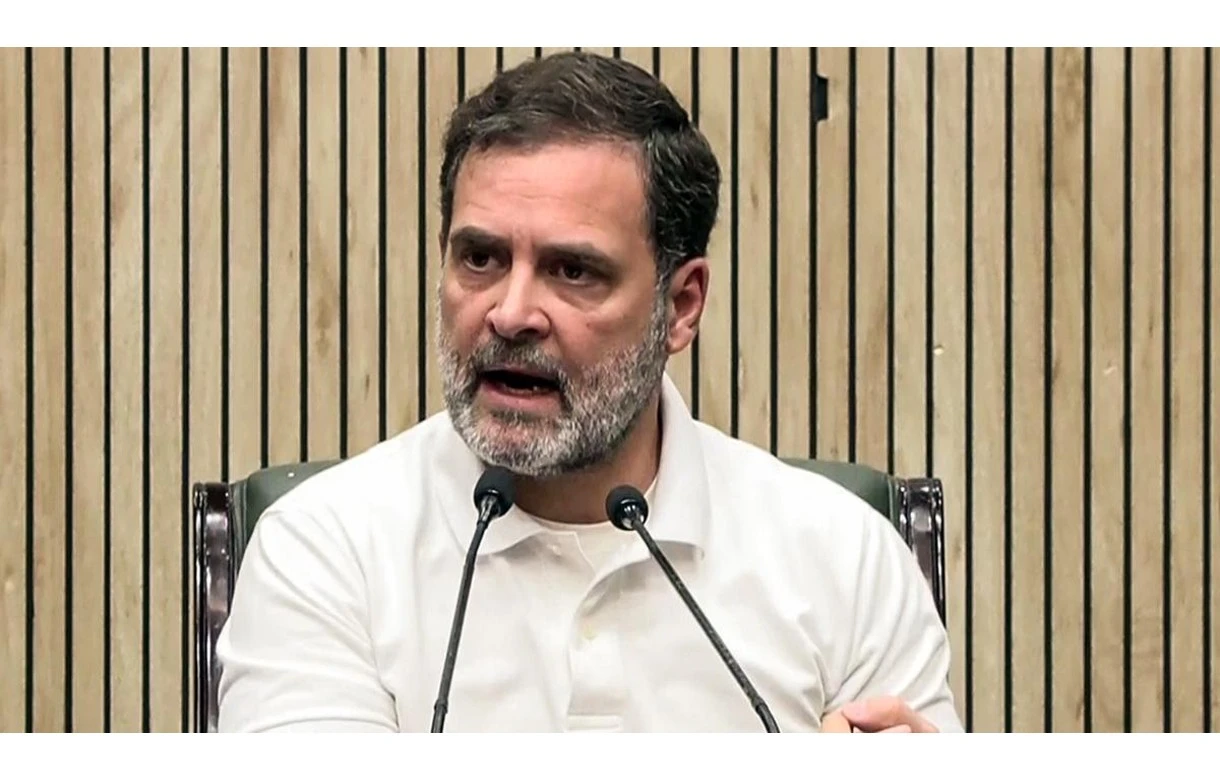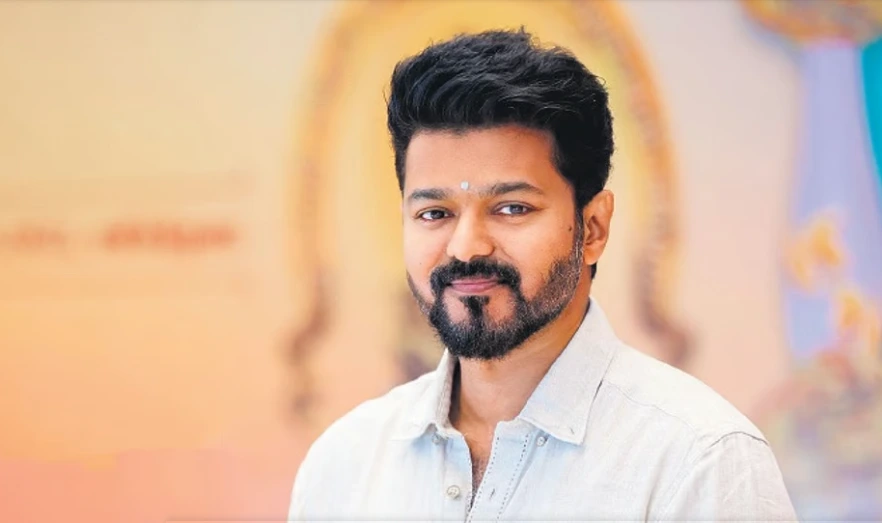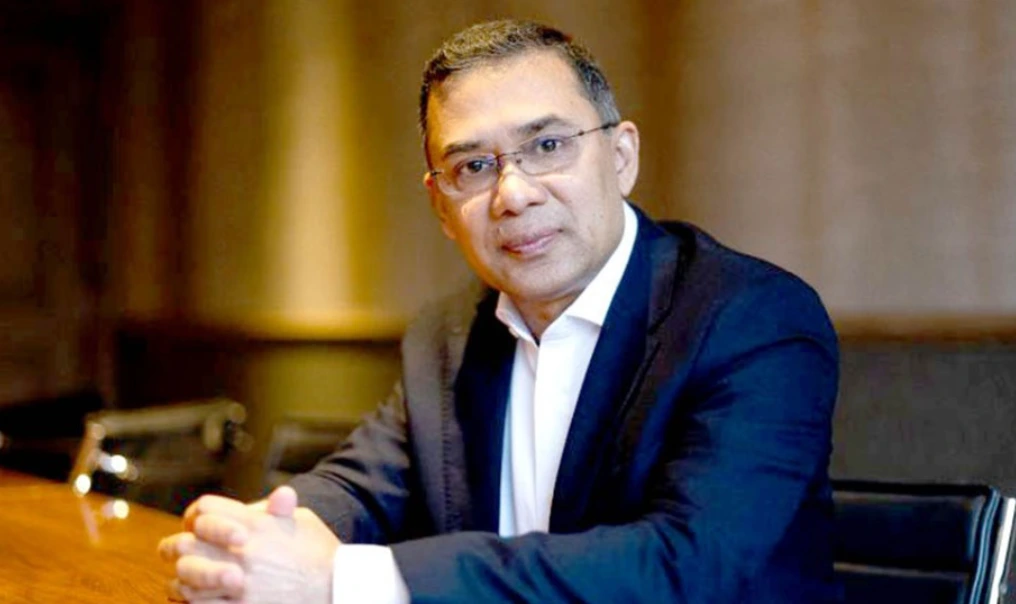Latest Politics News
With fellow party leaders like this, Bhupesh Baghel doesn’t need enemies
Charandas Mahant has had a sour relationship with Baghel. That may be why he made the remark against PM Modi which can hurt the Congress chances in Chhattisgarh
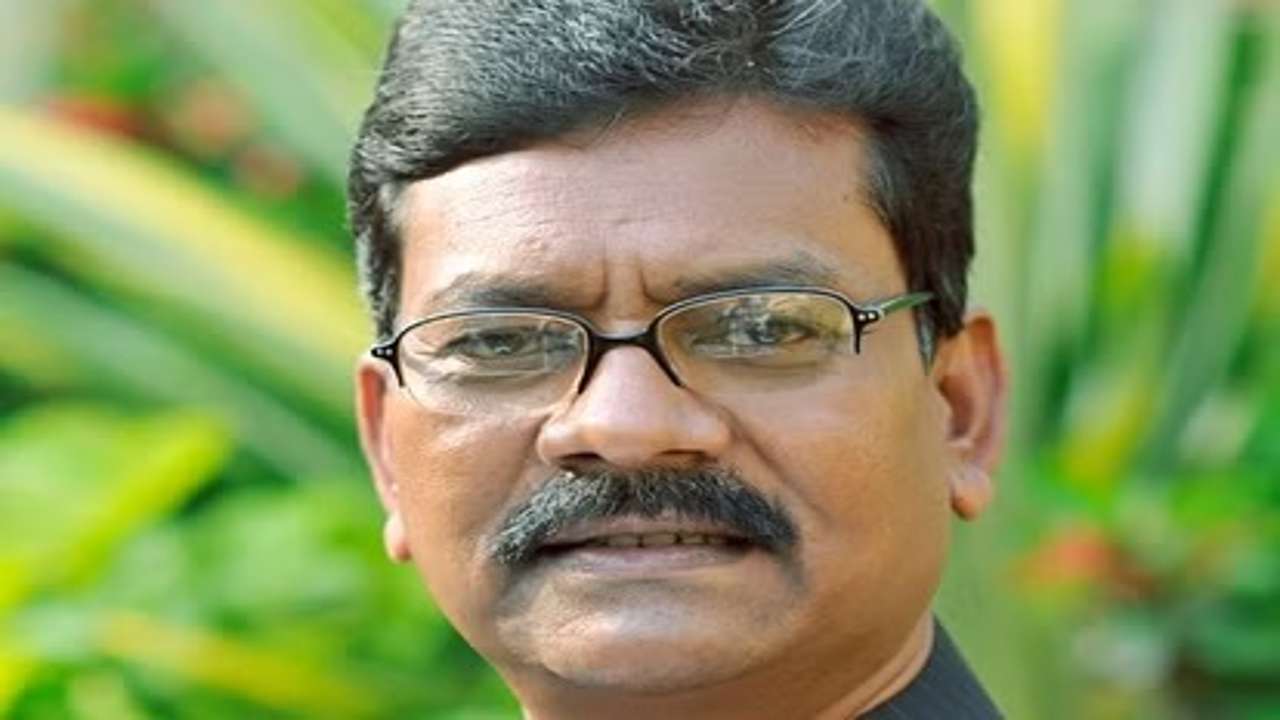
India News
Rahul Gandhi faces expulsion demand in Lok Sabha over trade deal remarks
BJP MP Nishikant Dubey has moved a notice seeking Rahul Gandhi’s expulsion from the Lok Sabha. Here is how the disqualification and expulsion process works.
India News
Vijay targets DMK over Rs 2,000 scheme, calls on voters to blow the whistle
Vijay accused the DMK of trying to influence voters through financial promises and urged people to back TVK in the upcoming Tamil Nadu elections.
Latest Politics News
Tarique Rahman-led BNP set for landslide win in Bangladesh elections
BNP led by Tarique Rahman has crossed the majority mark in Bangladesh’s national elections, with projections suggesting a two-thirds majority. Jamaat has conceded defeat.
-
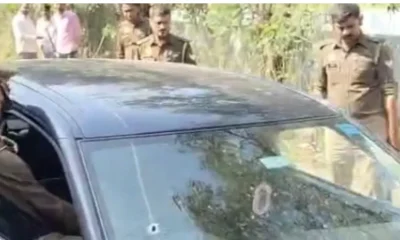
 India News21 hours ago
India News21 hours agoEx-shooter of Mukhtar Ansari gang shot dead in Barabanki, 15 rounds fired
-

 India News4 hours ago
India News4 hours agoRahul Gandhi meets farmers over India-US trade deal, BJP calls it stage-managed
-

 Lifestyle4 hours ago
Lifestyle4 hours agoValentine’s Day 2026: Wishes, messages and quotes to share with your loved one
-

 Latest world news3 hours ago
Latest world news3 hours agoFinland PM Petteri Orpo to attend India AI Impact Summit, meet PM Modi

